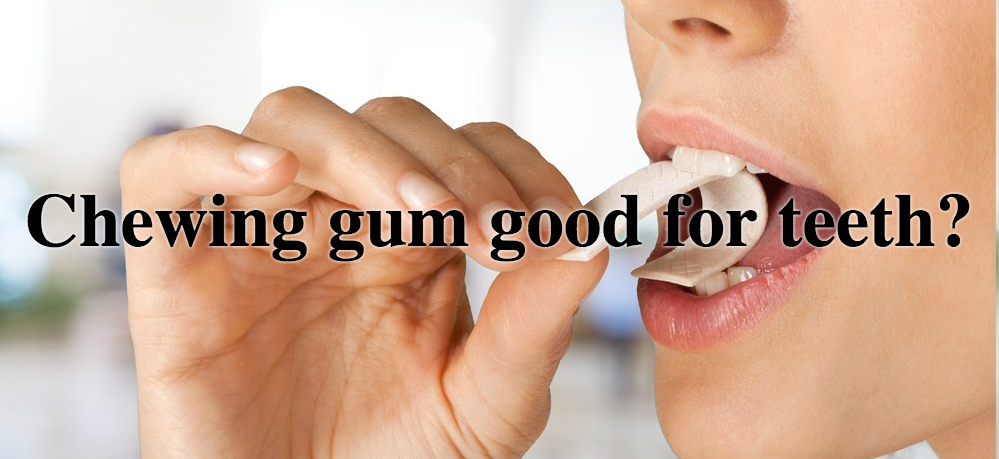Chewing gum is often touted as a great way to freshen your breath and remove strong tastes. You may have even heard that it can protect teeth or the dental enamel. While there is some truth to this statement, you have to be careful of what type of gum you use. Additionally, no matter what any advertising agency says, chewing gum is no replacement for daily brushing or flossing. However, it is an easy way to add a protective factor to your daily routine. Take a look!
First and foremost, for a gum to be "good" for your teeth, it absolutely has to be sugar free. Any products flavored with fructose, sucrose or HFCS are capable of fueling bacteria and starting the tooth decay process. Sugary gum is particularly harmful, since it is kept in the mouth and not swallowed. Gums flavored with sucralose, stevia, aspartame or xylitol are much safer options. Notably, xylitol provides the secondary benefits of stimulating salivation and inhibiting bacterial growth. You can find specific xylitol flavored gums at health food stores like Sprouts and Whole Foods.
The physical act of chewing gum also has some benefits to the teeth. Chewing activates the salivary glands, keeping your teeth moist and mineralized. Additionally, gum can dislodge food stuck in the biting surfaces. However, gum overuse is a real problem that can lead to sore jaw muscles and headaches. Like anything, use gum with moderation and listen to your body.
Chewing sugar free gum is an easy way to add extra protection against cavities and tooth decay. If you would like to know more about preventing cavities, brushing or flossing, please give our office a call!


